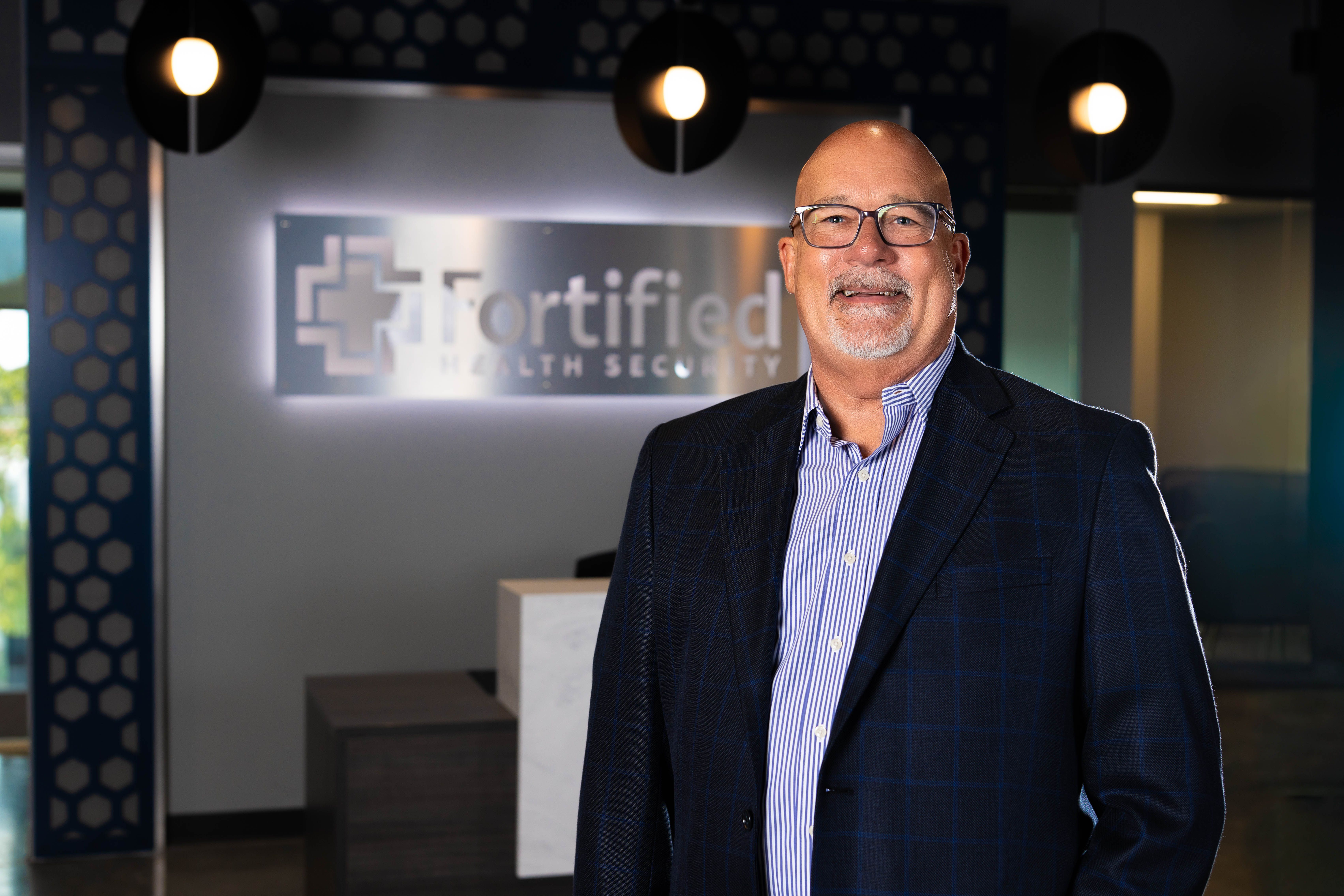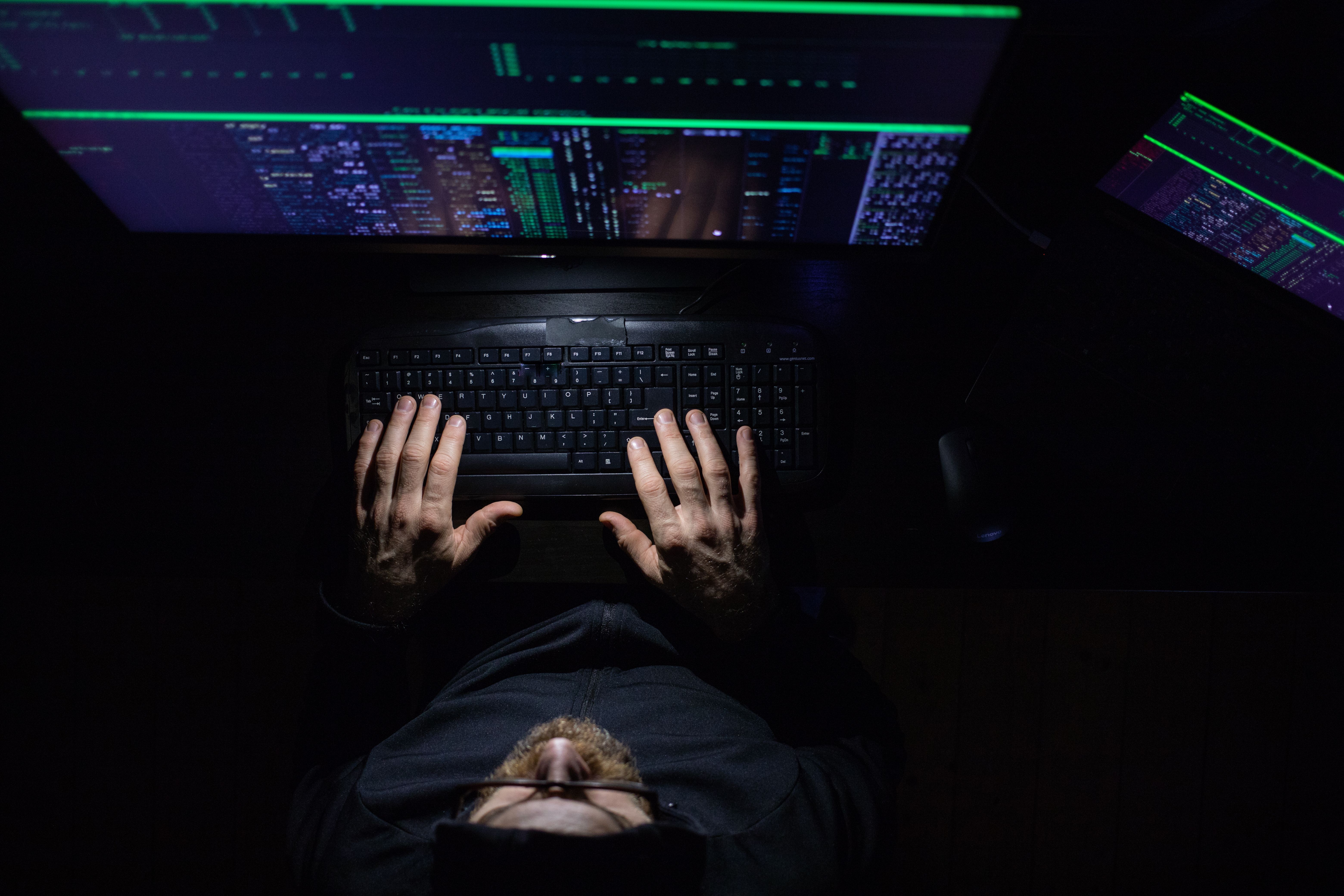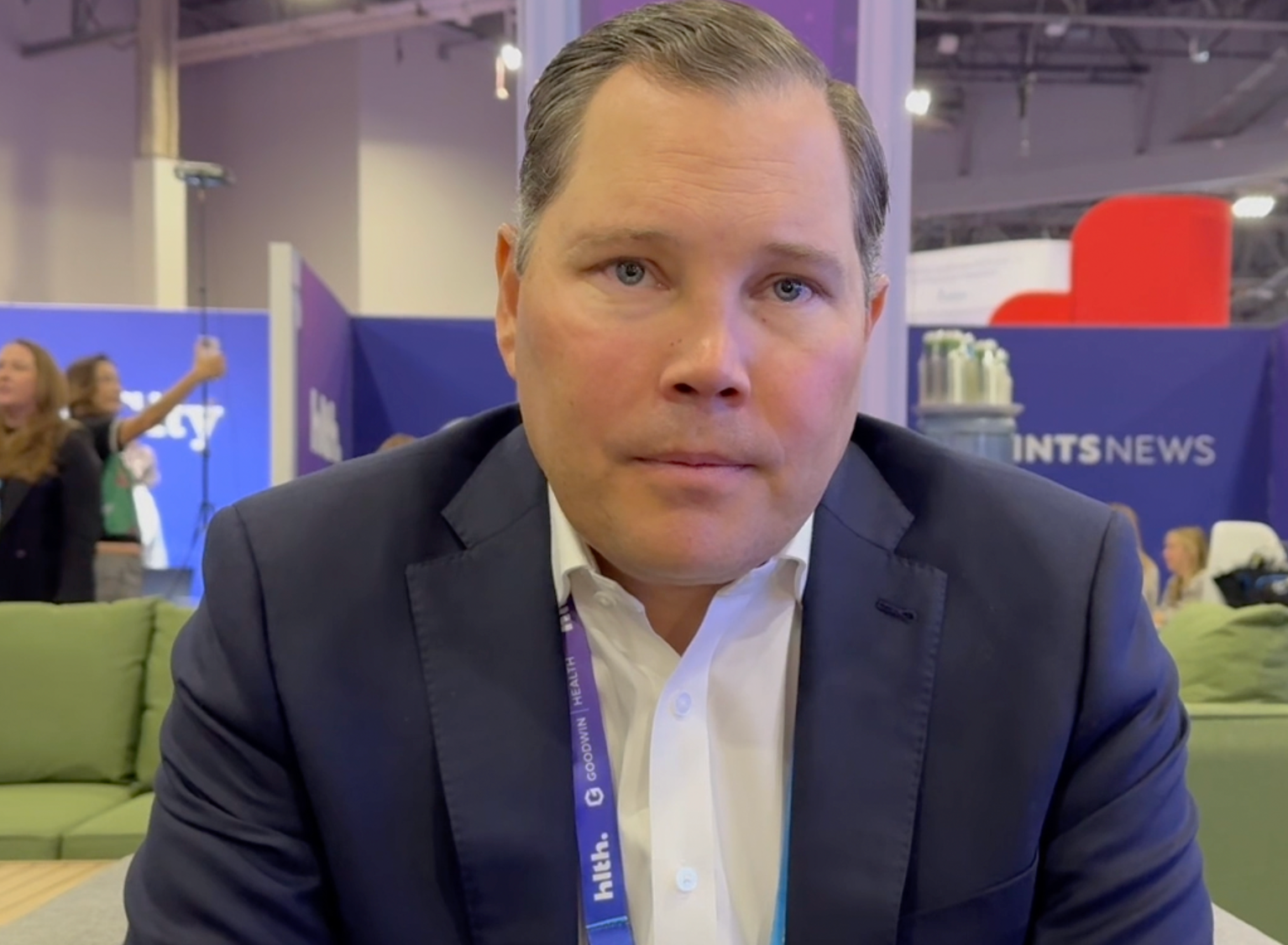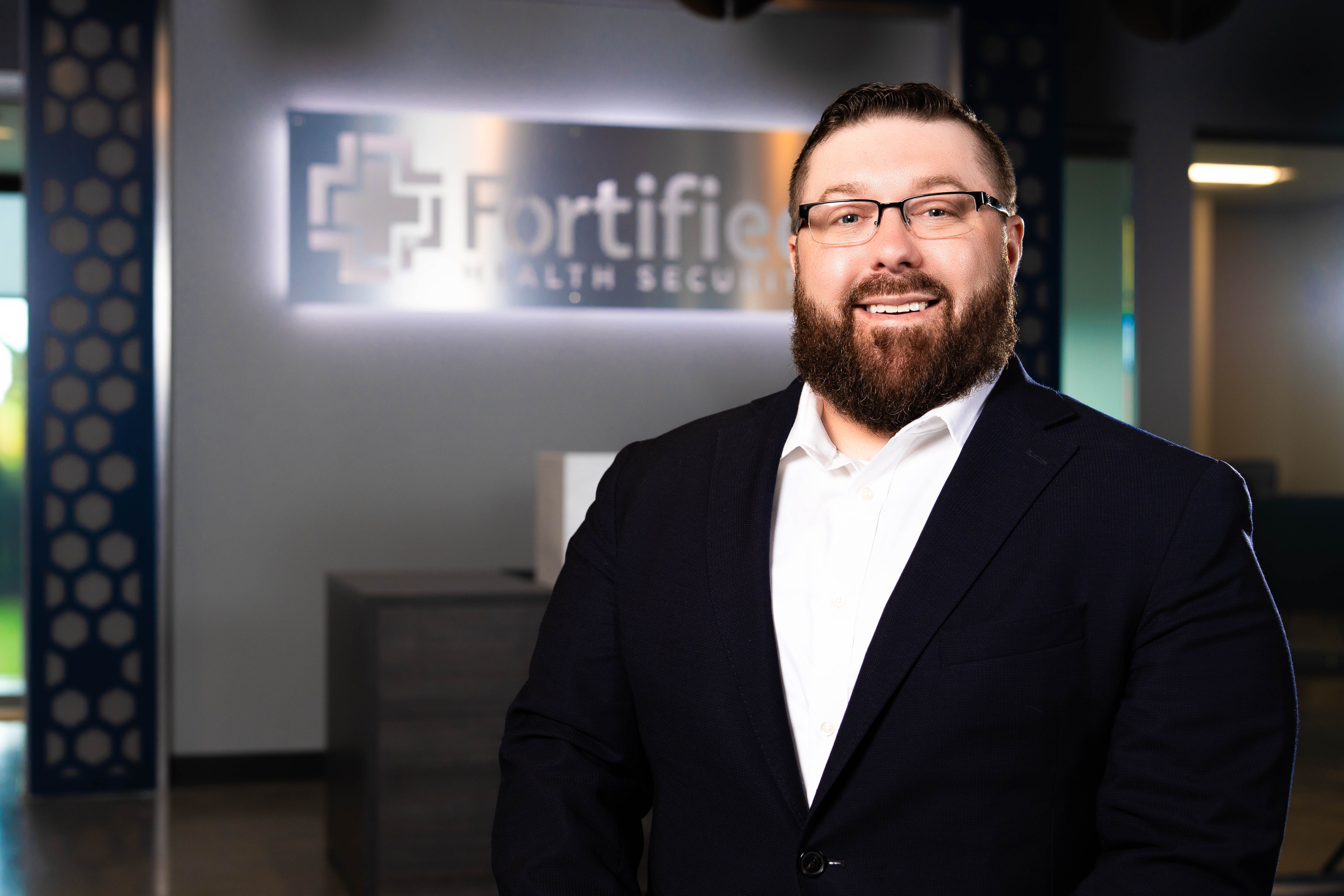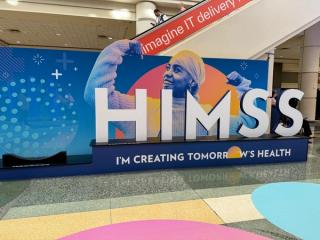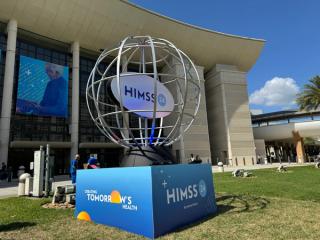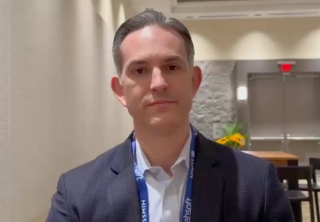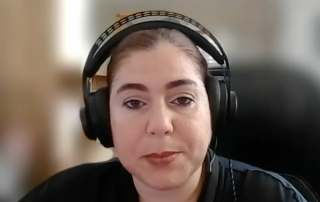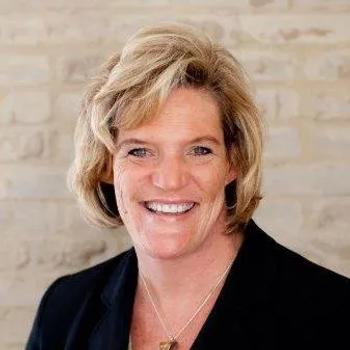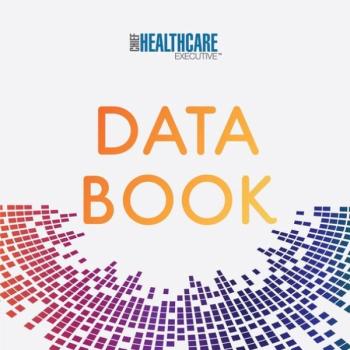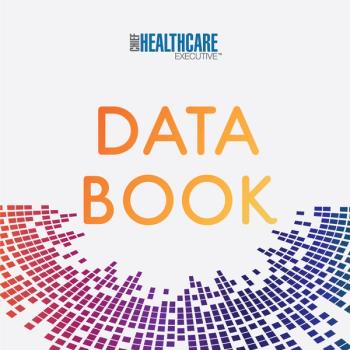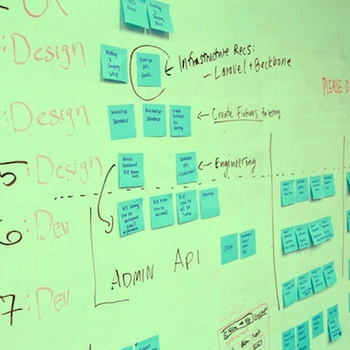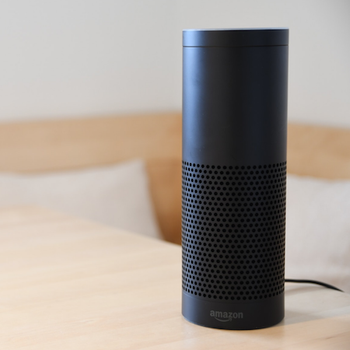
Cybersecurity
Latest News
Latest Videos

Podcasts
More News
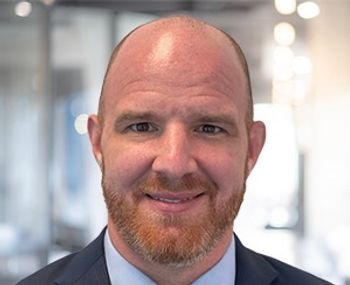
When users, including C-suite executives, are exempt from aggressive social engineering, they can become complacent and one of the weakest links in your defense perimeter.

Cybersecurity is not just about firewalls and antivirus software; it’s about discipline, training, and unity.

More health systems are using AI tools to improve defenses, but ransomware groups are using it for phishing, writing malware, and deepfakes.

A new IBM report puts the costs of healthcare breaches well above other sectors. While some systems use AI to help bolster cybersecurity, there are growing vulnerabilities.

Technology failures in critical care aren't just inconvenient — they come with staggering financial and patient safety risks, Greg Davis writes.

Some breaches affected millions of Americans. Hospital systems and other companies with health records experienced cyberattacks and other types of breaches.

Ransomware groups have targeted hospitals for years, but they are also going after outpatient facilities and smaller providers.

Health systems continue to face challenges in filling positions in information technology, and cybersecurity.

Providers with modest resources are being attacked. Healthcare leaders say breaches at smaller hospitals and clinics can have a serious impact.
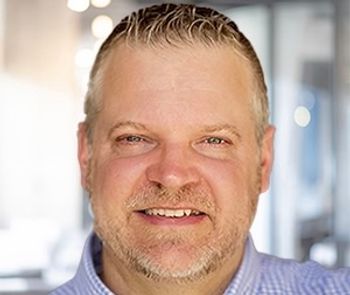
Most hospitals and health systems are still struggling to find the cybersecurity budget and staffing to succeed.

The Ohio hospital system’s emergency rooms are now fully open, and patients are being told to arrive for scheduled surgeries unless they hear otherwise.

The Ohio-based system says its call center was affected and customers are getting calls from individuals claiming to work for Kettering and seeking payment.
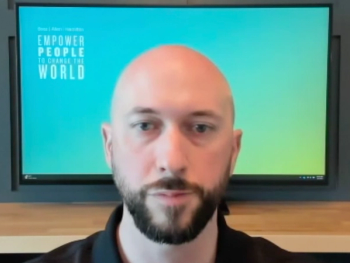
Attackers routinely target hospitals in hopes of getting a big payday. Andrew Carr of Booz Allen talks about dealing with attackers, assessing threats, and deciding when not to pay.
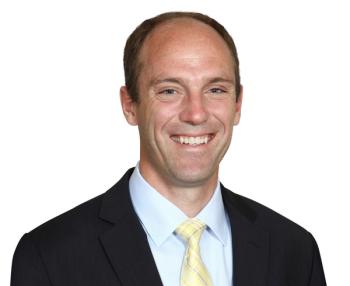
The proposed changes to the HIPAA Security Rule are significant. Executives and boards need to prepare as the days of voluntary compliance end and a new era where leaders are held personally accountable emerges.

Fitch Ratings has downgraded two hospitals that suffered cyberattacks. Other hospitals could face downgrades if they have lasting damage from attacks.

Health systems need to invest in top talent and utilize AI tools to protect their organizations.
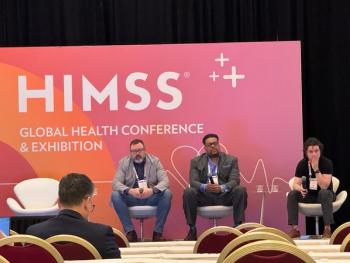
Health systems have struggled to recruit and retain talent, and some leaders say they need to get more women in the field.
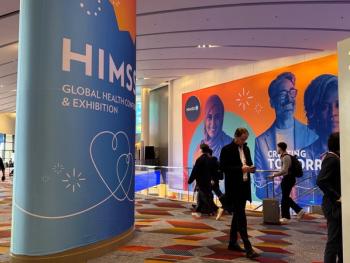
The annual event brought healthcare leaders from across the world to Las Vegas. Attendees expressed enthusiasm about digital tools and anxiety about changes in Washington.
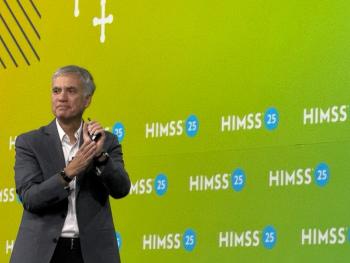
Retired General Paul Nakasone suggests a need to think differently and wants a bigger, younger talent pool to protect healthcare providers from ransomware attacks.
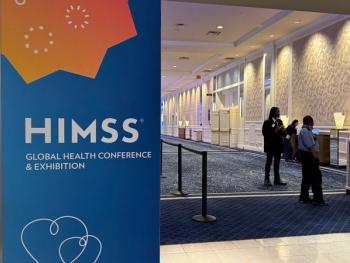
A new report from Microsoft outlines the grave threat of cyberattacks on small hospitals in rural communities.

Many health systems are boosting investments, but some are putting resources in tools and tech. A number of hospitals aren’t sure how much they’re spending on cybersecurity.

AI consumed conversations as expected, but conversations are getting more nuanced. The annual event also revealed more anxiety about pressing problems.

Marty Bonick talked with Chief Healthcare Executive about how the health system is using artificial intelligence, where caution is needed, and the recovery from a cyberattack.

Cyberattacks aimed at health organizations impacted more than 259 million people, says John Riggi of the American Hospital Association. He talks about the growing threats and the need for a committed response.

Ardent Health experienced a disruptive attack more than a year ago, but some key steps helped the organization get through it.


